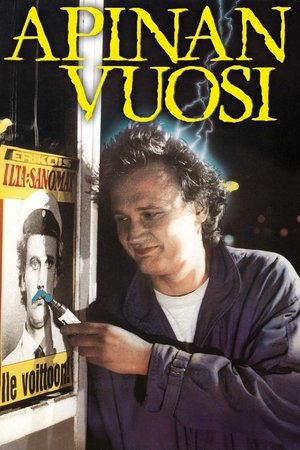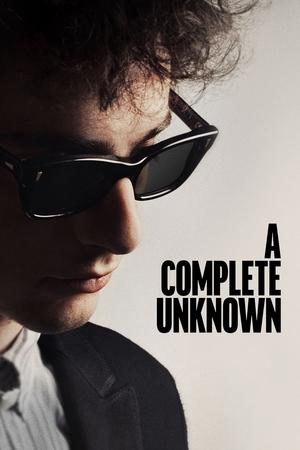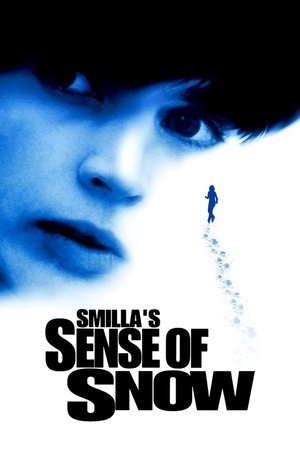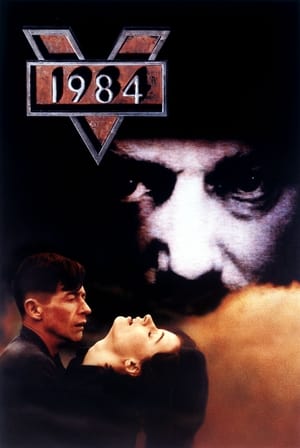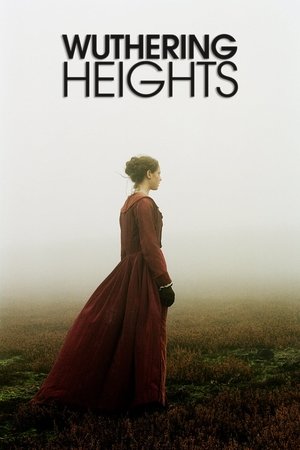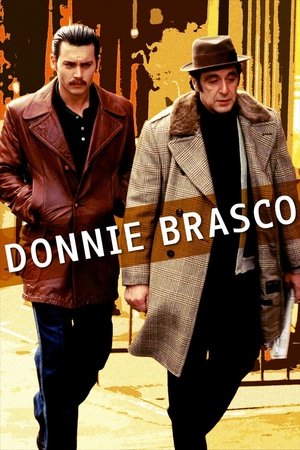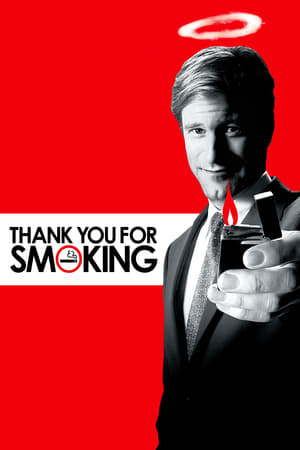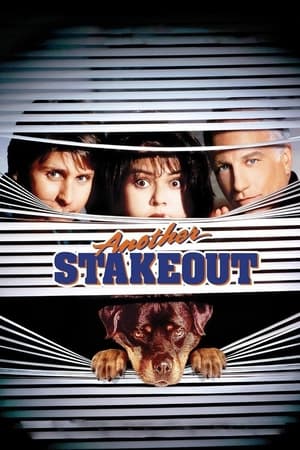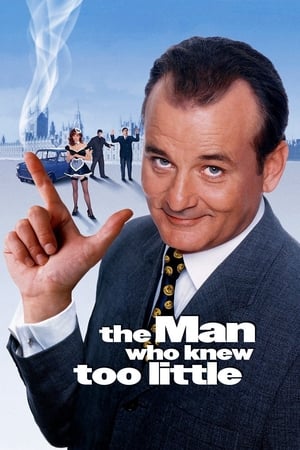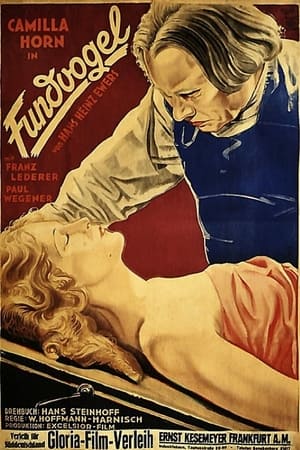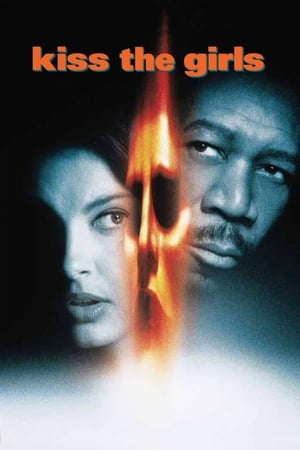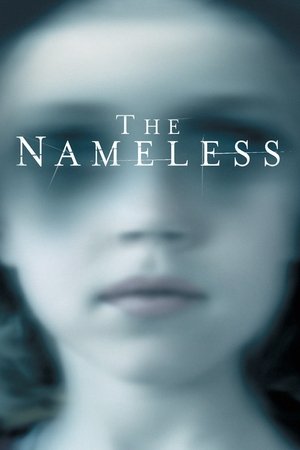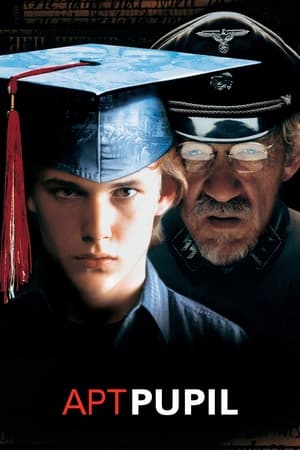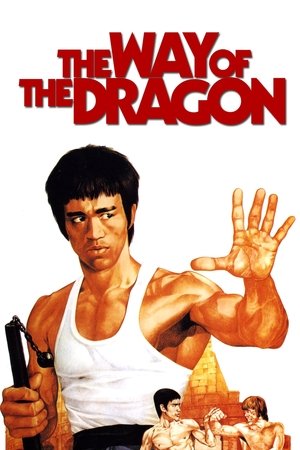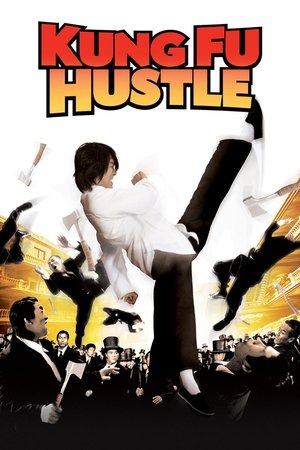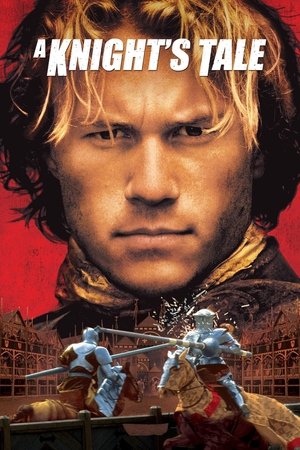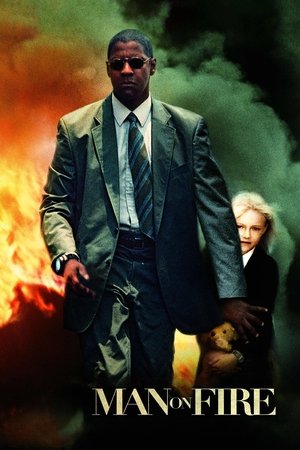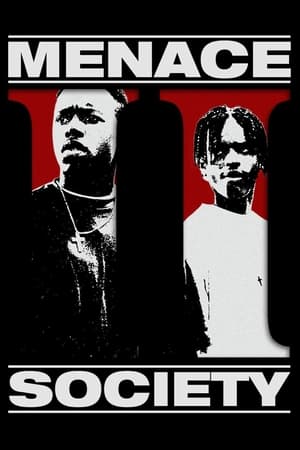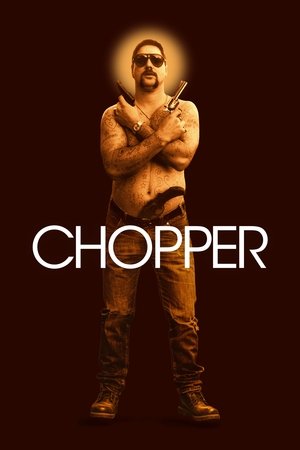Overview
Jamaica, 1973. When a young boy witnesses his brother’s assassination, a powerful Don gives him a home. But 10 years later, when he’s sent to London, his past catches up to him.
Reviews
**_Offers little to get your teeth into_**
>_Studio One selection after Studio One selection. The selector had the dancers where he wanted them, begging for more. Nobody who understood the history and roots of reggae could resist any record on the legendary Studio One label. From its Brentford Road headquarters in Kingston, Studio One and its founder Clement Dodd had encapsulated every form of reggae expression. His were the original bass lines, the original bass lines, the original drum patterns still borrowed from heavily by contemporary reggae producers and US rappers. Somehow, no other_ _rhythms in reggae seemed to swing as perfectly as a Studio One rhythm._
- Victor Headley; _Yardie_ (1992)
_Yardie_ is the directorial debut of Idris Elba, and is about as pedestrian a film as you're likely to see all year; a listless gangland-based drama composed of a litany of gangster-film clichés. There are a couple of elements worth praising, and it's competently directed, but by and large, it's extremely shallow, containing nothing you haven't seen in half a dozen other films. I wish it wasn't so; I'm a big Elba fan (who isn't), but, let's face it, a lot of his post-Stringer Bell acting work has been poor, to say the least – Guy Ritchie's _RockNRolla_ (2008), David S. Goyer's _The Unborn_ (2009), Ridley Scott's _Prometheus_ (2012), Sam Miller's _No Good Deed_ (2014), James Watkins's _Bastille Day_ (2016), Nikolaj Arcel's _The Dark Tower_ (2017); hardly an impressive CV. Still though, for his first film in the director's chair, I was hopeful he might chose a project with a little more care than he seems to be choosing his acting roles. And whilst he certainly seems to have settled on something personal, a story with whose _milieu_ he is already familiar, the film is populated by generic characters, themes, and narrative beats; at best, it's fitfully interesting, at worst, it doesn't work at all, plodding along at its own imprecise pace, getting nowhere fast. And then it ends.
Based on Victor Headley's 1992 novel of the same name, and adapted for the screen by Headley, Brock Norman Brock (_Bronson_) and Martin Stellman (_Quadrophenia_; _The Interpreter_), the film begins in Kingston, Jamaica in 1973, a town in the midst of a bloody gang-war. Sick of the violence, local man Jerry Dread (Everaldo Creary) decides to stage an impromptu block-party in the no man's land between each gang's territory (_détente_ by reggae, if you will). All is going well, with Jerry even coaxing the two rival kingpins up on stage to shake hands. However, a youth in the crowd shoots Jerry dead, leaving his kid brother, D, distraught. At the subsequent Nine-Nights, D refuses to bless Jerry's journey into the afterlife, which tradition says will prevent the spirit from being able to move on, and sure enough, shortly thereafter, D begins to imagine he is being watched by Jerry's ghost. Ten years later, D (Aml Ameen) has worked his way up the ranks of music producer/drug lord King Fox (Sheldon Shepherd), who was also one of the men onstage when Jerry was killed. However, Fox regards D as too much of a "_mad dog_", and so packs him off to Hackney, London, with a kilo of coke to be delivered to Fox's London connection, Rico (Stephen Graham). D is only too happy to go, as his childhood sweetheart, Yvonne (Shantol Jackson) relocated to London several years earlier with their daughter, and they've been estranged ever since. However, upon meeting Rico, he and D rub each other up the wrong way, and D flees with the cocaine, later teaming up with a sound clash crew who know a Turk willing to sell D's drugs. Meanwhile, D attempts to reconnect with Yvonne and his daughter, learns Jerry's killer may be in London, and is unhappy to learn Fox is coming to the city to sort out the situation between D and Rico personally.
The term "yardie" has something of a double meaning; within the Jamaican diaspora, it tends to describe those who were actually born in Jamaica. However, outside the Caribbean, it tends to refer to organised Jamaican gangs operating on foreign soil, especially the UK. Coming from the Patois "yard", which can mean "home", the term carries both a hint of condemnation aimed at the crime gangs who swear they love their country whilst shaming it with their actions, but also a sense of national pride, a desire to establish a connective tissue with the motherland. And it's in relation to nationality and ethnic identity that _Yardie_ is at its strongest – the film does a truly excellent job of evoking not only a time and place, but a whole subculture.
Pretty much everything looks completely authentic, almost documentarian (it probably helps that Elba himself was born in Hackney, later working as a DJ, whilst most of the cast are either Jamaican or of Jamaican lineage. Even Stephen Graham's paternal grandfather was Jamaican). Similarly, the soundtrack isn't simply representative of monolithic 70s/80s, but actually gives the film its rhythm, with Elba choosing songs of great cultural significance – tracks such as Lord Creator's "Kingston Town" (1970), The Isley Brothers' "Work to Do" (1972), Max Romeo & The Upsetters' "War Ina Babylon" (1976), Skip Marley's 2018 cover of his grandfather's "Johnny Was" (1976), Black Uhura's "Guess Who's Coming to Dinner" (1979), and Grace Jones's "My Jamaican Guy" (1983). Speaking to the _Hollywood Reporter_ at Sundance, Elba says of the soundtrack,
> _the music carries a message, and also gives a vibe. Especially in the 80s in London, we revisit the club scene there, and it was really important to me, because that's where I discovered myself as a DJ, it was really important to me that the audience feel like they have just left the club in those scenes._
This sense of authenticity is carried into an aspect of the film with which I'm sure a lot of people will have problems – the dialogue is delivered entirely in heavy Pathois, without any subtitles. Personally, I think this is an admirable decision; nothing takes you out of a film quicker than English subtitles for spoken English (I'm thinking of something like Neil Blomkamp's _Chappie_). And although there is no doubt that it's hard to understand some of what is said, and a few of the character beats are probably lost as a result, David Ehrlich's ludicrous assertion that "_40% of the movie is unintelligible_" in his damning _IndieWire_ review is absolute rubbish. He criticises the film for being "_needlessly difficult_" due to the lack of subtitles, apparently not considering that this is genuinely the accent with which these people speak, and we're quick to judge films that mangle dialects. It's really no different from seeing an English Renaissance play or reading Chaucer – once you acclimate yourself to it, there shouldn't be any major problems. According to Elba,
> _I was super aware I was asking an audience that aren't familiar with the accent to really listen. But what's come from that is that people feel like they've just taken a real authentic journey into a place they didn't know too much about._
It's not just the aural design that is excellent – the visual tapestry really evokes place and culture too, as Elba does a fine job of indoctrinating the viewer into the cadences of the culture, capturing the period details of early 1980s Hackney with the eye of someone who lived there. This aspect of authenticity is matched in the props; according to production designer Damien Creagh almost nothing was custom made for the film, with the vast majority of props being working examples of the period. Of this sense of visual authenticity, speaking to _IndieWire_, Elba states,
> _The main thing that I spoke to the entire cast about was authenticity, everyone from the lead down to the last extra. Authenticity of thought; my thing was always say, "don't lie to the camera, be honest in the moment. If you're not feeling it, don't do it, because it will come across as a lie, and fake"._
Unfortunately, however, "the film does a truly excellent job of evoking not only a time and place, but a whole subculture" is about the only praise I can give, because the rest of the film is extremely poor. Where to begin? Firstly, we've seen this film before, dozens of times – the gangster with a heart of gold wrestling with his loyalty and his desire to go straight, with only the love of a good woman to help guide him – and there's not an original character in the mix, with every single one of the principal cast (with the possible exception of Rico) coming across like they've been assembled from a "make your own" movie clichés modelling kit. The directionless plot also displays no real sense of dramatic intent, jumping from one thing to the next, often with little causality linking the two; it's more a collection of tentatively related scenes than a coherent narrative.
The use of voiceover is also troubling. Highly didactic and explanatory, it says nothing that can't be gleaned by simply watching the film. Voiceovers giving beat-by-beat summaries of a narrative (think the original cut of Ridley Scott's _Blade Runner_) are always a bad idea. The only style of voiceovers that work are the more esoteric kind used by Terrence Malick, or ones which set up a direct contrast with what we're seeing. This is neither.
The problem is, simply put, that the narrative is so much weaker than the milieu containing it. Certainly not a problem exclusive to this film (if you've seen anything Ridley Scott has done post-_Gladiator_ (2000), you're already familiar with this issue), but it's especially pronounced here because a) the narrative is so derivative, and b) the milieu is so strongly evoked. The film is too enamoured with the tropes of the gangster movie to work as a genre subversion, nor is it pulpy enough to be enjoyed for its excess, à la something like Brian De Palma's _Scarface_ (1983) or Peter Medak's _Romeo is Bleeding_ (1993). It occupies this inoffensive, vanilla middle ground, not really doing a huge amount wrong, but not really doing a huge amount right either.
Brought up in an almost tribally violent Kingston in the 1970s, the young "D" (Antwayne Eccleston) is witness to the brutal murder of his brother "Jerry" but luckily adopted by the local kingpin "Fox" (Sheldon Shepherd) who ends up sending him to London. It's here that he rendezvous with his ex-girlfriend "Yvonne" (Shantol Jackson) who fled some years earlier with their son - whom he hasn't seen since. He lands on his feet, rather, falling into the company of a band of musicians but before he can embark on a career with them, he encounters the man who slaughtered his brother a decade earlier. A red mist descends on "D" (now Aml Ameen) and no persuasion or pleading can divert him from a dangerous course of revenge that is setting a course for a clash with the ruthless "Rico" (Stephen Graham). As the violence escalates and his behaviour puts not just him, but his family and friends in deadly peril, we build to a denouement that turns their London streets back into a section of the lawless Jamaica they had left. This is clearly a labour of love for director Idris Elba and for a while it works quite well. There's plenty of convincing patois and the story illustrates well their sense of community and loyalty. Pretty quickly, though, the wheels begin to come off and the whole thing descends into a rather procedural crime drama that resorts just a little too much to stereotype and puts Stephen Graham in the most unlikely of characterisations. It's violent, but not especially gratuitous and the writing does take a swipe at the futility of the never ending cycle of revenge begetting more revenge - but once we get into the thrust of the thing it is derivative and unimaginatively developed until a conclusion that you could have seen from space. The acting - especially from Ameen - isn't bad at all and it's by no means a bad film, but if you'd brought on Helen Mirren it could easily have been better made into a two part "Prime Suspect" drama.

 101 min
101 min
 5.859
5.859
 2018
2018
 United Kingdom
United Kingdom
 Stephen Campbell wrote:
Stephen Campbell wrote: